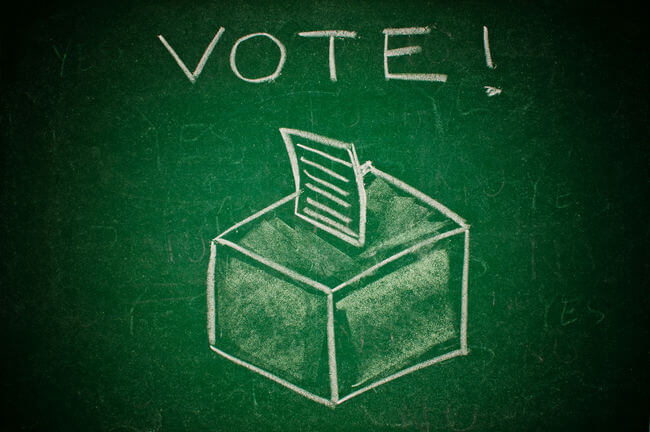theQuestion: Should a list of all people who voted in B.C. elections be provided to political parties?*
Allow me to share with you the only things that matter when it comes to winning an election — voter ID and GOTV. Identifying likely voters and then ‘get out the vote’ is what wins elections. Anyone working in professional politics will tell you that.
This is why representatives from the BC Liberals, NDP, Conservatives and the Green Party banded together in a call for increased access to voter information. The information they seek is of the most valuable kind — which people voted during an election.
That means when a person votes in a provincial election, after the election is over the voter’s name will be provided to the political parties on a voter participation list. Of course, for which candidate and what party a person voted for won’t be revealed because not even the government knows that.
The governing BC Liberals incorporated the idea into Bill 20, the Election Amendment Act, which was tabled in the legislature last month. The legislation will be debated in the current session, although it might not be much of a debate considering all parties support the initiative. But an MLA or two may break party ranks.
Privacy commissioner Elizabeth Denham called on government to withdraw the proposed provision. Denham says she is “deeply concerned” that political parties would be able to link information about who voted with existing party databases and use the associated analytics to create profiles of those who vote.
Denham’s right. This is what the information would be used for. And there is nothing wrong with it. Voter turnout is abysmally low and there is a lot of wasted money and effort directed towards people who never turn out to vote. Knowing who votes means campaigns can spend less on broad-based advertising and more efficiently target those that participate in the process. A “shotgun” approach is what leads to high campaign spending.
It’s true knowing who turned out to vote also means knowing who didn’t. This information is also valuable, as it allows campaigns to match that information with other psychographic and demographic data available to better understand non-voters and hopefully find new ways to engage — increasing voter participation.
It’s those who show up that run the world, so if politicians know who those people are then it may lead to a more responsive democracy.

